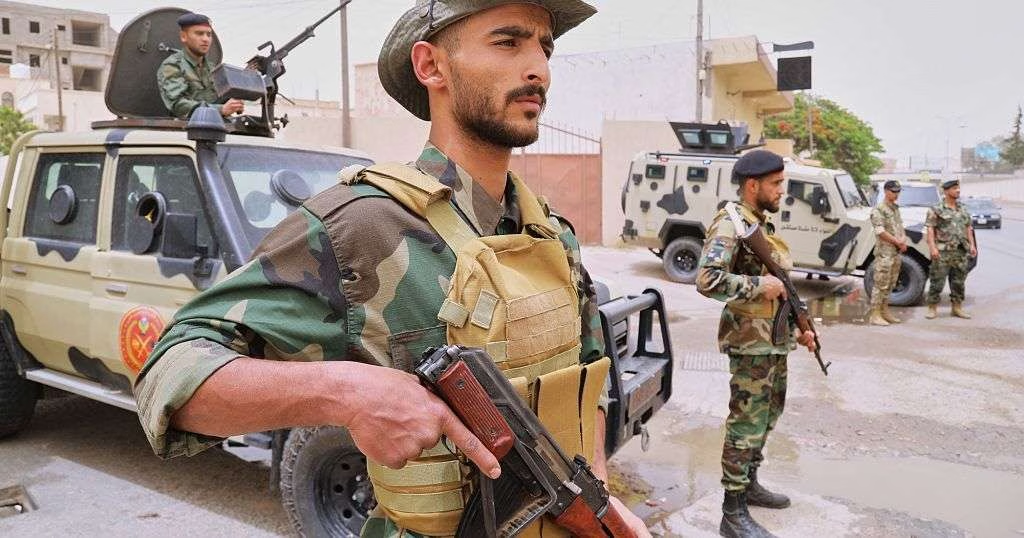Tripoli Breathes a Sigh of Relief as Ceasefire Holds, But Libya’s Stability Remains Elusive
The Libyan capital, Tripoli, has finally experienced a semblance of calm after a week of intense clashes between rival militia groups left the city in chaos. The violence erupted on May 12, following the killing of Abdel Ghani al-Kikli, the commander of the powerful Stability Support Authority (SSA) militia. Al-Kikli, notorious for his alleged war crimes and human rights violations, was killed in a facility run by the rival 444 Brigade, sparking some of the heaviest fighting Tripoli has seen in years.
According to the United Nations, at least 8 civilians lost their lives in the clashes. However, a ceasefire announced by the Libyan government on May 14 has brought relative quiet to the city. The UN Support Mission in Libya (UNSMIL) has established a "truce committee" to protect civilians and ensure the ceasefire holds. This move is a welcome step towards stability, but the underlying issues that led to the violence remain unresolved.
Libya has struggled to find stability since the 2011 uprising that toppled long-time autocrat Muammar Gaddafi, plunging the country into a protracted civil war. The divided nation is currently split between the Tobruk-based government in the east, led by military chief Khalifa Haftar, and the Government of National Unity in the west, led by Prime Minister Abdul Hamid Dbeibah. The latter has been recognized by the UN Security Council since 2021 but has failed to restore stability, leading to growing discontent among the population.
Hundreds of protesters took to the streets of Tripoli on May 16, demanding the removal of Dbeibah’s government and calling for long-overdue elections. Demonstrators accused the prime minister of complicity in the growing power of armed groups and failing to bring stability to the country. In response to these calls, at least three ministers resigned, and Dbeibah has since pledged to eliminate militias and corruption in Libya.
In a televised speech, Dbeibah vowed, "We will not spare anyone who continues to engage in corruption or extortion. Our goal is to create a Libya free of militias and corruption." While this promise offers a glimmer of hope, the path to achieving it is fraught with challenges. Libya’s complex web of rival factions, armed groups, and competing governments will require a concerted effort to untangle.
As the international community watches with bated breath, the situation in Libya remains precarious. The ceasefire is a welcome respite, but it is only the first step towards lasting stability. The Libyan people, who have endured years of conflict and uncertainty, deserve a chance to build a peaceful and prosperous future. It remains to be seen whether Dbeibah’s government can deliver on its promises and pave the way for a more stable Libya. One thing is certain, however: the road to peace and stability in Libya will be long and arduous, requiring patience, perseverance, and a commitment to the well-being of the Libyan people.
